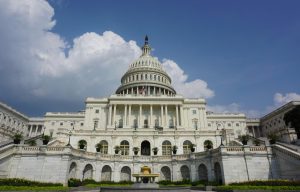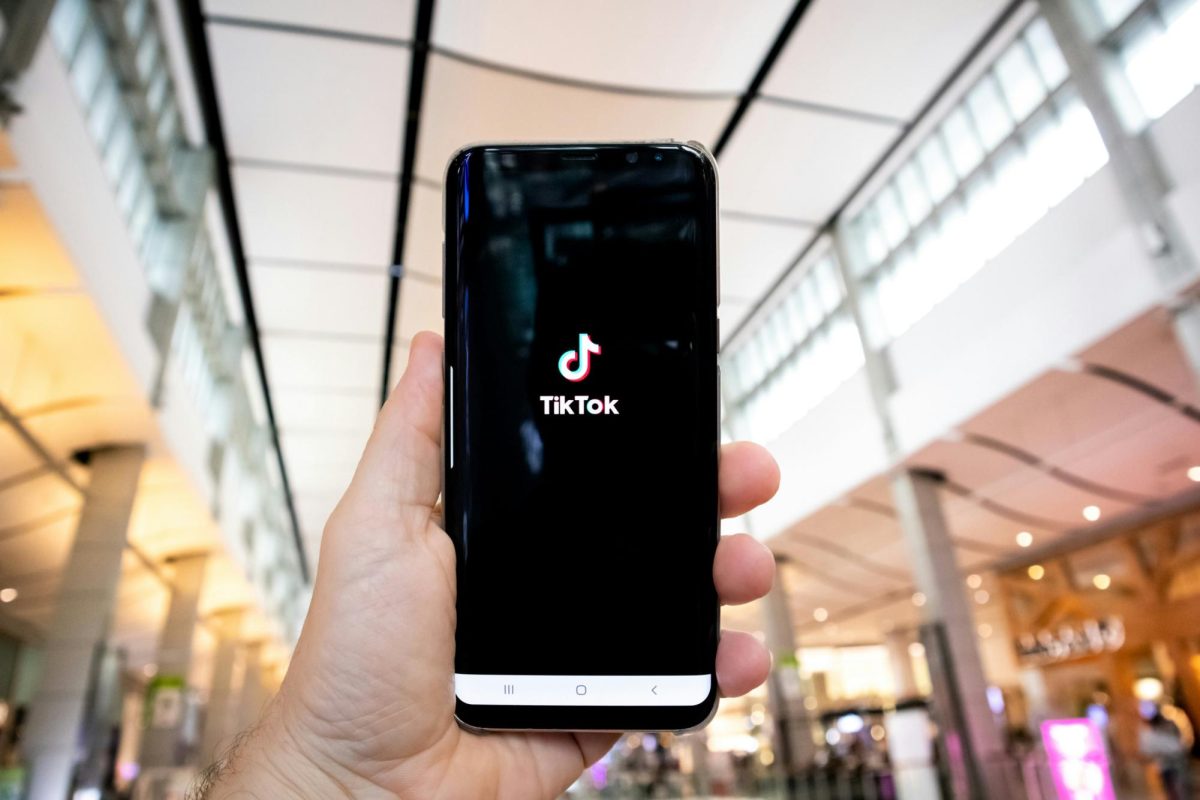On March 13, the House of Representatives passed legislation to ban an immensely popular social media app, TikTok. Republicans and Democrats both expressed their concerns about the app being a potential national security threat. As the House already voted on passing the legislation, the pressing matters will move on to be inspected by the Senate, and then to the president himself, who has expressed his willingness to sign the law if approved by the Senate.
The legislation passed last Wednesday was voted in a bipartisan manner, with a staggering number of approval votes. The final count of the votes was 352 to 65, the former number of votes being the number of supporters and the latter being the ones against the legislation. The ban may cease if the social media platform’s parent company, ByteDance, is successful in finding another buyer for TikTok in six short months.
The bill to potentially ban TikTok is currently receiving a variety of responses from people of all backgrounds. TikTok faced similar situations before, such as in 2020, when former president Donald Trump initiated unsuccessful attempts to ban the app. The executive decision was eventually blocked by lawsuits that TikTok directed. Similarly, TikTok is mounting a lobbying campaign against the latest legislation, claiming that the legislation was violating First Amendment rights, according to NBC News.

Some argue that TikTok serves as a national security threat, encouraging the Senate to vote for the bill. “The Chinese government may use its intelligence laws against ByteDance, forcing it to hand over the data of U.S. app users,” CNN explains. “U.S. lawmakers and intelligence officials worry the Chinese government could use TikTok to access personal data from its millions of users and use algorithms to show them videos that could influence their views, including in the coming presidential election.” To date, U.S. lawmakers haven’t provided evidence on past instances of the Chinese government obtaining private information of U.S. citizens.
Others insist that the ban on TikTok would be detrimental to small business owners advertising their products on the social media platform and content creators. Additionally, they displayed an initiative called, “Project Texas,” where the U.S. user data is transferred to Austin-based servers, providing third-party auditors in the U.S. Although TikTok declares that it would never provide U.S. users’ data to the Chinese government, Chinese law still states that companies have to turn over user data if the Chinese government requests it.
The bill to ban TikTok will not stop all users in the United States from using TikTok at once as the U.S. government cannot delete all prior downloaded versions of the app in every individual’s phone. In reality, Apple and Google will be forced to remove TikTok from their app stores, leaving people unable to update the app after a period of time or newly download the app. With this method, TikTok is presumed to receive less attention from the citizens of the U.S. and die out with time. However, despite the government’s efforts to declare the app illegal, it has proved to be difficult to completely enforce the law as there are loopholes that could make TikTok accessible to users. NPR highlighted the fact that people could simply utilize VPNs, virtual private networks, to slip through restrictions.
It remains uncertain whether the Senate will approve the ban, for it is seemingly less urgent than the House to act on the matter. Regardless of TikTok’s unknown fate, the House’s new legislation marks the very first time the Congress voted on banning a social media platform in the United States, receiving several different mixed opinions regarding the topic.
















































































































































